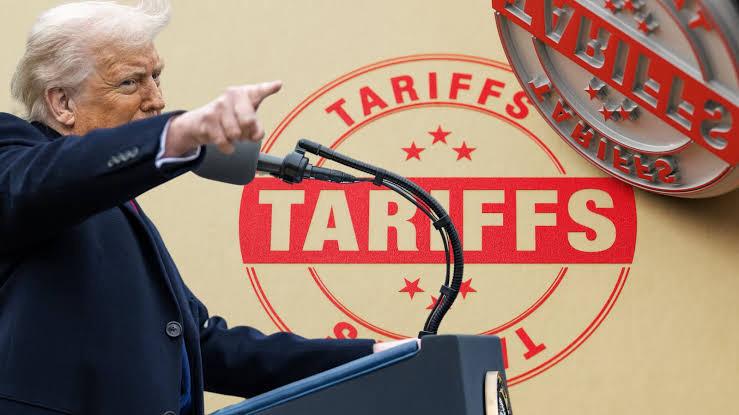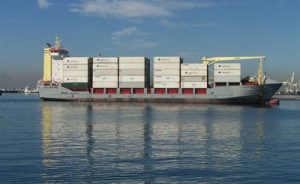Trump Administration Eases Proposed Tariffs on African Nations, with Lesotho Emerging as Main Beneficiary

Trump Dials Back on African Tariffs, But 30% Charges Loom

The administration of U.S. President Donald J. Trump has revised its stance on proposed tariff hikes for several African nations, significantly easing previously announced trade penalties. The move comes after widespread criticism and concern over the economic impact such tariffs could have had on developing economies across the continent.
Among the countries initially targeted, Lesotho has emerged as the greatest beneficiary of the administration’s policy shift. In April, the small southern African nation was caught off guard when the White House announced plans to raise import tariffs on its goods by up to 50%, a figure that would have positioned Lesotho among the most heavily taxed exporters to the U.S. globally. The announcement had triggered alarm within the country’s government and business community, with fears of economic disruption and job losses in export-driven sectors such as textiles and garments.
Following diplomatic negotiations and international pressure, however, the Trump administration has now eased those proposed increases for Lesotho, citing its strategic trade relationship with the U.S. under the African Growth and Opportunity Act (AGOA) and its commitment to labor rights and economic reforms. The revised policy is expected to provide much-needed relief for Lesotho’s export sector, which is heavily reliant on access to U.S. markets.
While Lesotho may have dodged a potentially devastating blow, several other African nations are still facing significant tariff hikes. Countries like South Africa, Nigeria, Democratic Republic of Congo, and Chad are now expected to experience import tariffs rising by as much as 30% in the coming days. These increases are part of the Trump administration’s broader trade agenda aimed at rebalancing what it considers to be unfair trade practices.
The inclusion of South Africa, in particular, has raised eyebrows, as tensions between the Trump administration and the South African government have been well documented. Analysts suggest that deteriorating diplomatic relations and differing policy priorities may have contributed to South Africa’s less favorable treatment under the revised trade measures.
Nigeria, Africa’s largest economy, is also set to be impacted. The new tariffs are likely to affect a range of exports, including agricultural products, oil-related goods, and manufactured items. For resource-rich but politically complex countries like the Democratic Republic of Congo and Chad, the increased trade barriers could pose additional challenges to already fragile economies.
Critics argue that the tariff hikes could strain U.S.-Africa relations and undermine efforts to promote fair trade, development, and cooperation. Others see the move as part of President Trump’s “America First” strategy, prioritizing domestic economic interests over global partnerships.
As the new tariffs begin to take effect, affected countries are expected to reassess their trade strategies, while U.S.-Africa trade relations may undergo a period of heightened scrutiny and potential recalibration.






